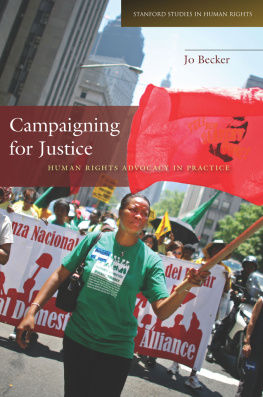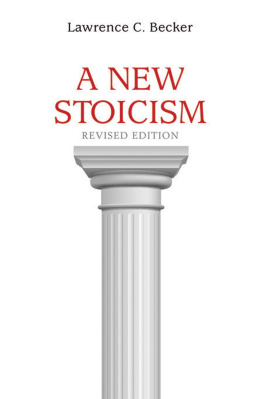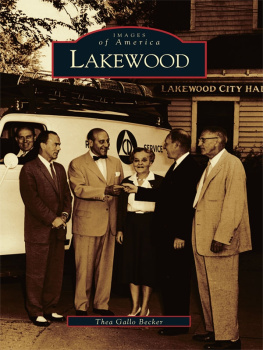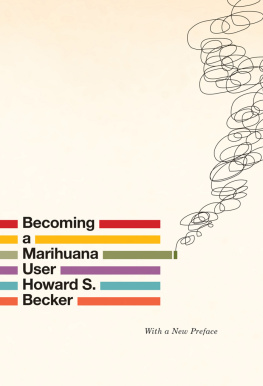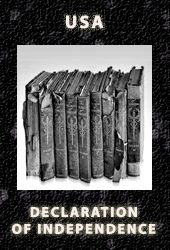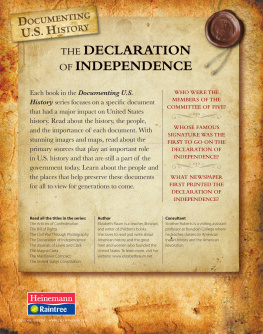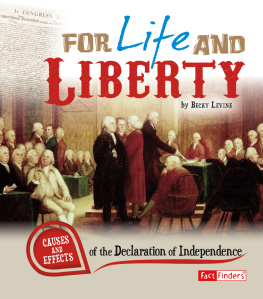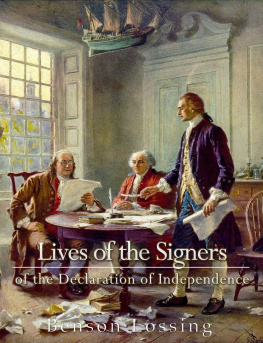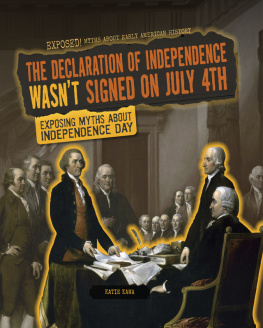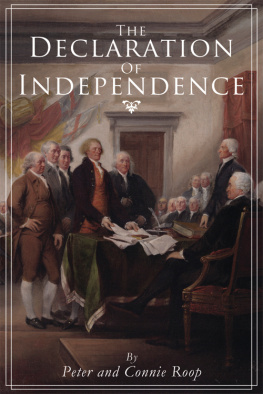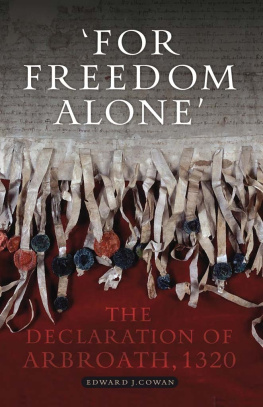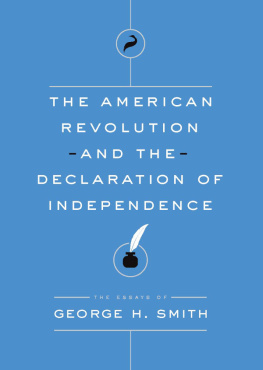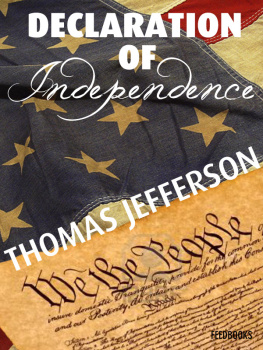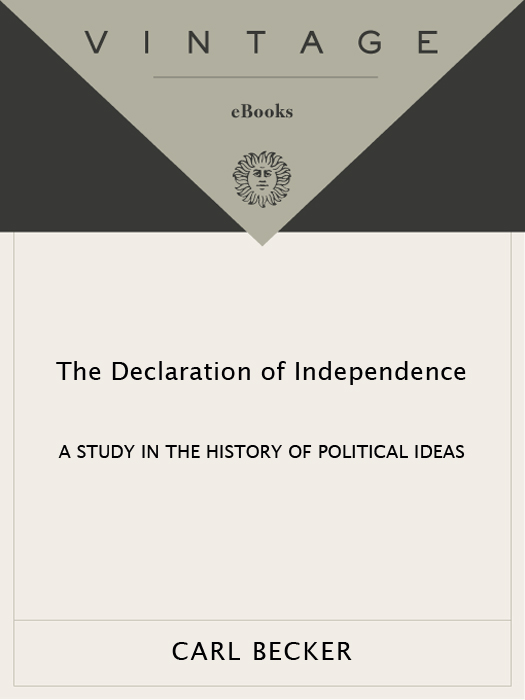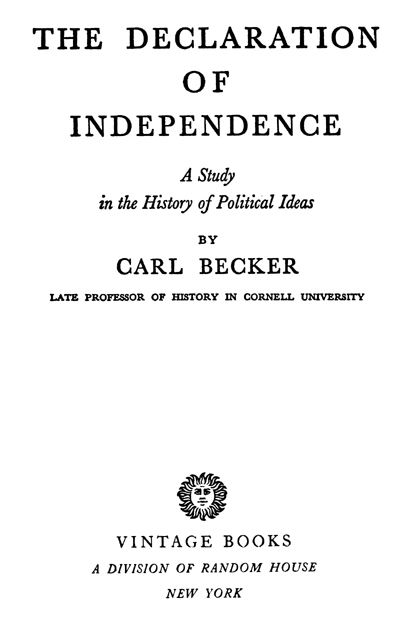VINTAGE BOOKS EDITION
Copyright 1922, 1942 by Carl Becker
Copyright renewed 1970 by Carl Becker
All rights reserved under International and Pan-American Copyright Conventions. Published in the United States by Random House, Inc., New York. Distributed in Canada by Random House of Canada Limited, Toronto. Originally published by Alfred A. Knopf, Inc., in 1942.
eISBN: 978-0-307-82372-4
v3.1
But what is nature? Why is custom not natural? I greatly fear that this nature is itself only a first custom, as custom is a second nature.
P ASCAL , Penses (Havet ed., 1897), I, 42.
We need not feel the truth that law is but usurpation; it was introduced without reason, it has become reasonable; it is necessary to cause it to be regarded as authentic, eternal, and to conceal the beginning of it if we do not wish it to come soon to an end.
Ibid., I, 39.
As to the late Civil Wars, tis pretty well known, what Notions of Government went current in those Days. When Monarchy was to be subverted, we know what was necessary to justify the Fact; and then, because it was convenient for the purpose, it was undoubtedly true in the Nature of Things, that Government had its Original from the People, and the Prince was only their Trustee. This was the Doctrine that was commonly received, and the only Doctrine that relishd in those times. But afterwards, when Monarchy took its place again, another Notion of Government came into Fashion. Then Government had its Original entirely from God, and the Prince was accountable to none but Him. And now, upon another turn of things, when people have a liberty to speak out, a new Set of Notions is advanced; now Passive Obedience is all a mistake, and instead of being a duty to suffer Oppression, tis a Glorious Act to resist it: and instead of leaving Injuries to be redressd by God, we have a natural right to relieve ourselves.
T H . B URNETT , An Essay upon Government, p. 10.
The constitution of 1795, like all of its predecessors, is made for Man. I have seen, in my time, Frenchmen, Italians, Russians, etc.; I even know, thanks to Montesquieu, that one may be a Persian: but as for Man, I declare I never met him in my life; if he exists, it is without my knowledge.
D E M AISTRE , Oeuvres (ed. 1875), I, 68.
INTRODUCTION
M Y BOOK on the Declaration of Independence, when it appeared in 1922, was well received, so far as I now recall, by all of the reviewers except one. This one, a passionate and easily irritated critic, and probably an irreclaimable prisoner of the Marxian philosophy, disapproved of the book altogether as a typical academic performance. He pointed out that the author, running true to form, was interested in documents to the exclusion of the living men whose activities give documents whatever significance they have. In the present instance this preoccupation with documents had enabled me, he thought, to treat a great subject with an ineptitude that amounted to a kind of sublime insolence: as evidence of which he referred to the chapter on the drafting of the Declaration fifty-nine pages, which might have been devoted to saying something worth while about the men who bled and died for freedom, wasted in the futile enterprise of chasing down all the commas and semicolons employed in writing a document which was, at best, merely the formal statement of the freedom they died for.
I admit, willingly enough, that a book on the declaration of independence regarded as an event, as the culmination of a series of revolutionary activities, might have been more worth while than a book on the Declaration of Independence regarded as a document in which that event was proclaimed and justified to the world. I was aware that men had bled and died for freedom, and had in fact already written three books dealing with the revolutionary activities of which the declaration of independence was the culminating event. But on this occasion I chose to write a book about the document itself, under the impression, however mistaken, that a state paper of sufficient renown to be classed with the worlds classics of political literature deserved a somewhat detailed examination, more especially in respect to the political theories formulated in it. None of the reviewers, except the one mentioned, questioned the validity of such an undertaking; but one of them, Mr. James Truslow Adams, although expressing a high opinion of the book, felt that it was defective in respect to unity: the treatment of the main theme the history of political ideas was interrupted and weakened by the interpolation, virtually in the middle of the book, of two chapters dealing with subjects (the literary qualities and the drafting of the Declaration) not strictly relevant to the main theme. For this reason, according to Mr. Adams, the book consisted of three essays on the Declaration, treating it from different angles.
This criticism, although fairly offered and maybe entirely just, has for that reason always bothered me a good deal, because it is an article of literary faith with me that the first essential of good writing is that an author should have, for his book or article, a definite subject, and that he should rigidly exclude everything that does not contribute something to the exposition of it. The contention that I had violated this sacred canon, in a book that I like to think of as passably good, is one that I am not disposed to concede without a mild struggle. I welcome this opportunity, therefore, to drag Mr. Adams review from the dusty files of the New Republic and see what can be done to it. I will begin, as authors often do when critics push them into tight corners, by offering excuses, hoping that something better may turn up on the way.
The excuses have to do with the genesis of the book. In 1920 Carl Van Doren informed me that he was planning, with Harcourt, Brace and Company, a series of American classics designed to show what the United States has really produced in literature, using that term in its broadest sense; and for this series he asked me to write a small volume, of about fifty thousand words, on the Declaration of Independence. In order to conform to the plan for the series, the book should, he said, contain the text of the document in its various forms, focus attention on it as a work of literature, note the ideas and emotions it summed up and released, and give some account of the way in which the particular doctrines of the paper were accepted by different sections of the public. Thus the subject given to me was not the history of political ideas but the Declaration of Independence regarded as a literary classic.
With these suggestions in hand, the first thing I did was to examine the text in its various forms; and the researches afterwards presented in the chapter on drafting the Declaration were well under way when something happened what it was I never learned that changed the original plan for publishing the series. It seemed that Harcourt, Brace and Company, although transferring the right to publish the series to another firm, wished to retain the right to publish my book on the Declaration of Independence as an independent venture. This change of plan, freeing me from the specifications suggested for books in the general series, permitted me to write about the Declaration more fully and in any way I liked. The way I liked did not, however, differ much from the way suggested by Van Doren. I still thought of my subject as being the Declaration of Independence regarded as a document, as a classic in American literature, using that term in its broadest sense. But it seemed to me obvious that the document had acquired fame less because of its literary qualities than because of its political philosophy; and I decided, therefore, that it would be more relevant to the subject, as well as more in my line, to take the Declaration as the point of departure for discussing the natural rights philosophy in its historical setting. This gave me a title and a sub-title: The Declaration of Independence: An Essay in the History of Political Ideas.


